A Phoenix rising from its ashes
My first exposure to Jungian psychology was during my undergraduate studies, when I happened upon a copy of Dr. Carl Jung’s 1933 book, Modern Man in Search of a Soul. While up until that point I had never even heard of Dr. Jung, the title resonated with me because I identified as a modern man in search of a deeper understanding of myself, and the world around me; therefore, I was compelled to read the book. What I discovered in those pages set me firmly upon my spiritual path, so I owe a great deal to the wisdom contained in those pages.
The Swiss psychologist Dr. Carl Jung (1875-1961), founded the field of analytical psychology, which seeks to aid individuals on the path of individuation. Rather than rejecting religion as his contemporary Dr. Sigmund Freud (1856-1939) had done, Dr. Jung explored and integrated religion, alchemy, and esoteric elements into his theories. By exploring various religious and esoteric studies, Dr. Jung, integrated a great deal of ancient wisdom into his theories. Dr. Jung’s theories regarding the unconscious and conscious subparts of the psyche can be extremely beneficial in understanding the methods, rationales, and goals of the world religions, as well as esoteric and initiatic systems, including Freemasonry.
One of the final chapters of, Modern Man, is aptly titled, “The Spiritual Problem of Modern Man”, and it really sums up the issues that most of us encounter in our spiritual lives, as well as the solutions to lead a more balanced and spiritually integrated life. In this chapter Dr. Jung discusses the fact that modern people often suffer from various forms of anxiety and neurosis, because we have severed our conscious self from our unconscious subparts. Most modern people no longer reflect or partake in personal introspection, instead we are only concerned with instant gratification and that which can be validated by our physical senses. However, this causes a myriad of problems, because no matter how hard we try to divorce our conscious self from our unconscious, our unconscious will always seek to guide and gain control. Since modern people don’t partake in introspection, and thereby gain an understanding of our unconscious subparts, we are in essence trying to sail a ship without an adequate knowledge of the engine or navigation mechanics.
According to Jung, we are born with a sense of wholeness; however, we lose this sense of wholeness during the process of maturation. While most of us neglect our unconscious subparts, we always seek a path of reintegration, where we can return to our true essence, which in analytical psychology is called “The Path of Individuation“. This is why so many religions have stories of “The Fall” (The Garden of Eden is one example), as well as a way to salvation.
Freemasonry calls us to the internal quarry of the psyche, so that we can apply the working tools and lessons of the fraternity to our inner work. Freemasonry provides a means to literally transform our inner being, so that it becomes a more perfect representation of a perfect ashlar. However, In order to accomplish inner transformation, we must put the working tools and lessons of our fraternity to use, we cannot be complacent, we must be willing to die to our former self. In Freemasonry, the act of spiritual death and resurrection is played out in the drama of the third degree. This is no mere story line, because the death and resurrection of the third degree represents our old self dying and being reborn, so that we can become a true master, a true phoenix rising from the ashes of our former self.
“The act of consciousness is central; otherwise we are overrun by the complexes. The hero in each of us is required to answer the call of individuation. We must turn away from the cacaphony of the outerworld to hear the inner voice. When we can dare to live its promptings, then we achieve personhood. We may become strangers to those who thought they knew us, but at least we are no longer strangers to ourselves.” – James Hollis
_______________________________________
Thank you for reading The Laudable Pursuit!
If you enjoyed this piece, please feel free to share it on social media sites and with your Lodge.
For more information on Wor. Jason E. Marshall, Please CLICK HERE:
Also, visit us on Facebook: https://www.facebook.com/TheLaudablePursuit
_______________________________________
SHOW YOUR SUPPORT
If you enjoyed this content, you can show your support by visiting the "Support TLP" page in the header, or by clicking the button below.

